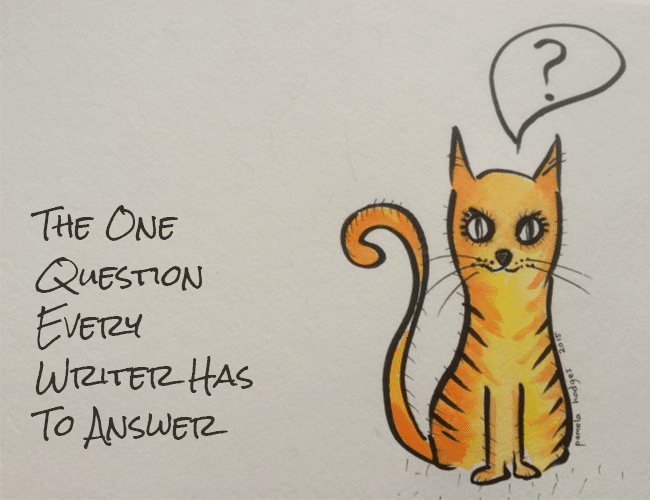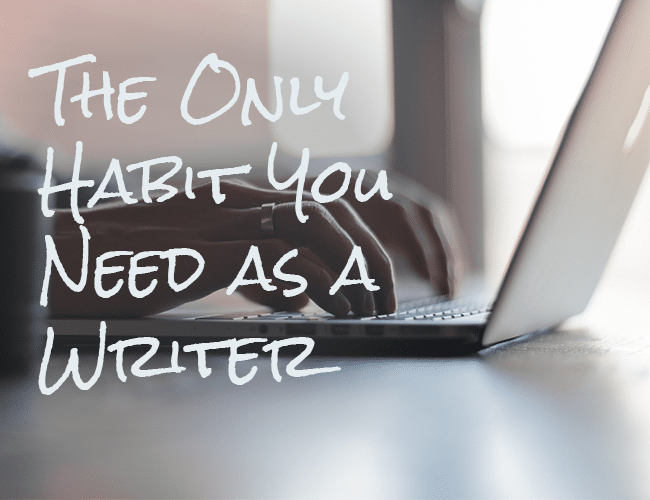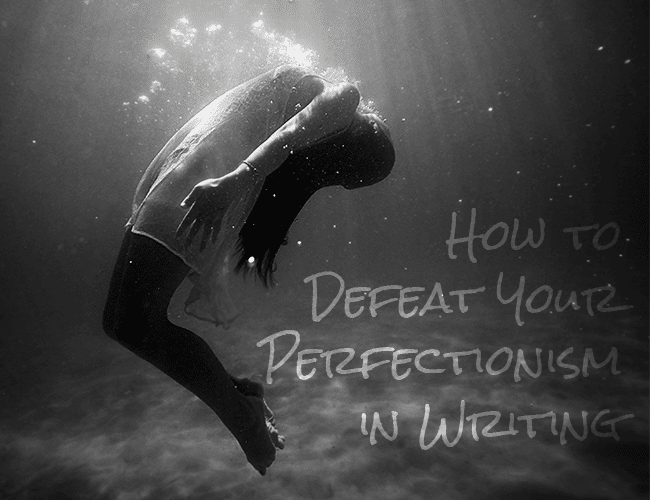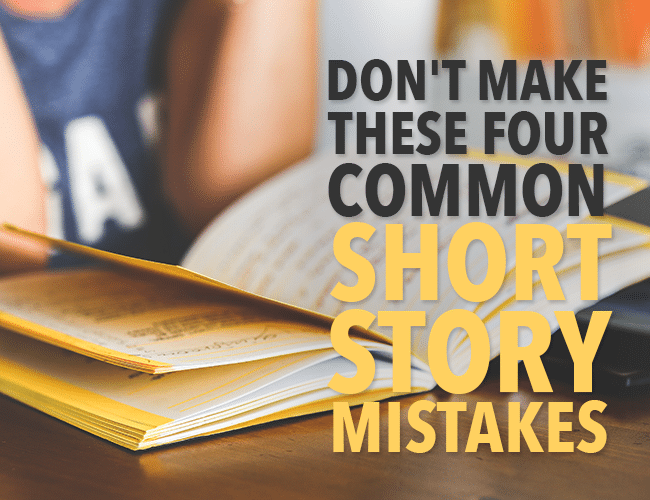There is one question every writer has to answer. Yes, only one. It doesn’t matter if you are writing memoir, fiction, non-fiction, or a screenplay, you have to answer this question.

At The Write Practice, we publish a new article each day designed to help writers tackle one part of their writing journey, from generating ideas to grammar to writing and publishing your first book. Each article has a short practice exercise at the end to help you immediately put your learning to use.
Check out the latest articles below or find ones that match your interest in the sidebar.
And make sure to subscribe to get a weekly digest of our latest posts, along with our free guide, 10 Steps to Become a Writer.

There is one question every writer has to answer. Yes, only one. It doesn’t matter if you are writing memoir, fiction, non-fiction, or a screenplay, you have to answer this question.

“I write only when inspiration strikes. Fortunately, it strikes every morning at nine o’clock sharp.” —Somerset Maugham
The Muse has gotten a bad rap for being temperamental and ruling Her artists by cruel whims. But I’m here to tell you it doesn’t have to be like that.

You’ve probably heard this before and know it deep in your gut. It’s not earth shattering news, but people seem to be struggling with amnesia about it lately, so I’m going to repeat myself.
If you want to improve as a writer, if you want to grow in your craft, there’s only one way to do so. You must…

We have an important topic to discuss today: the dangers of perfectionism in writing.
I know that being a perfectionist has its perks. We apply “perfectionist” to folks who are detail-oriented, reliable, and efficient. Unfortunately, being a perfectionist does precisely the opposite in writing: it obfuscates details, lets your deadlines whoosh by, and creates a deeply inefficient and unsatisfying writing habit.
I struggle with perfectionism in my writing, but I’ve learned to beat it back with a few large sticks—and it’s my pleasure to teach you my tools of the trade.

Grammar is one of those funny things that everyone needs to know but that not everyone agrees on.

About every six months or so, I check out the courses being offered at the Writer’s Center in Bethesda, Maryland. While I don’t always sign up, I almost always find one that addresses my writing needs at the moment.

Short stories are a great way to hone your craft and snag bylines from literary magazines (and hey, they’re also a ton of fun to write). Even better, they can help you build your readership—assuming they’re written well.
But alas, as the editor of a short story website, I see a number of common mistakes over and over again, even from authors with great fundamentals. Worse than just errors in craft, these mistakes betray readers’ trust and investment in your story.
By Elizabeth Cooper I wake to the loud bang of gunfire. Jumping instinctively out of bed, ducking low across the hardwood floor. I peer slowly over the heating vent down to the street three stories below. The shooting seems to have stopped for now, I hear the rustling...
By Tina Seward Larry Hartford hadn’t been in class for a week, he had a test in two days, and he needed someone’s notes, fast. He opened the door to Room 214, Dr. Charles Deffenbaugh’s Introduction to Archaeology class. No matter how early Larry came, the dark-haired...
By K.M. Updike I stare at the picture of Flash and Mom, sitting outside by the mail box on our street. It’s spring time, and Mom’s lilac bushes are in bloom. I can smell their fragrance even from the black and white photograph. For moment I forget there’s a...